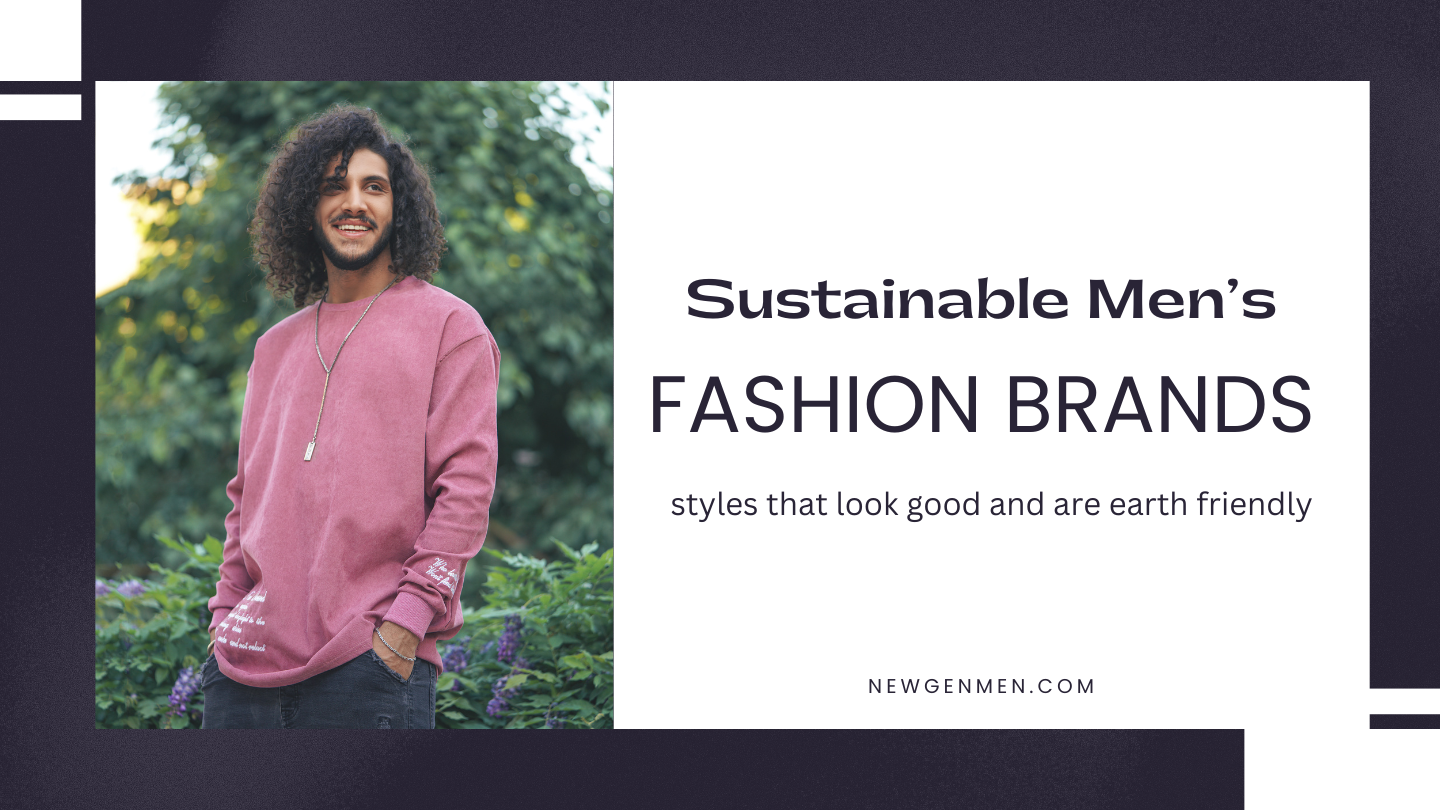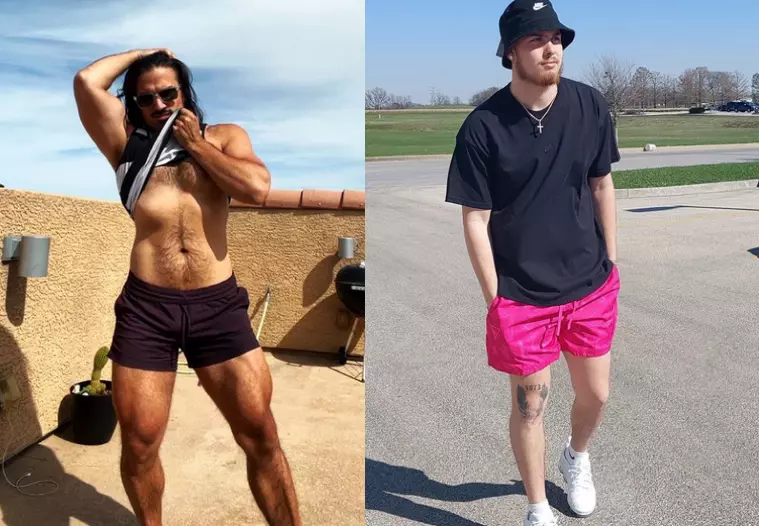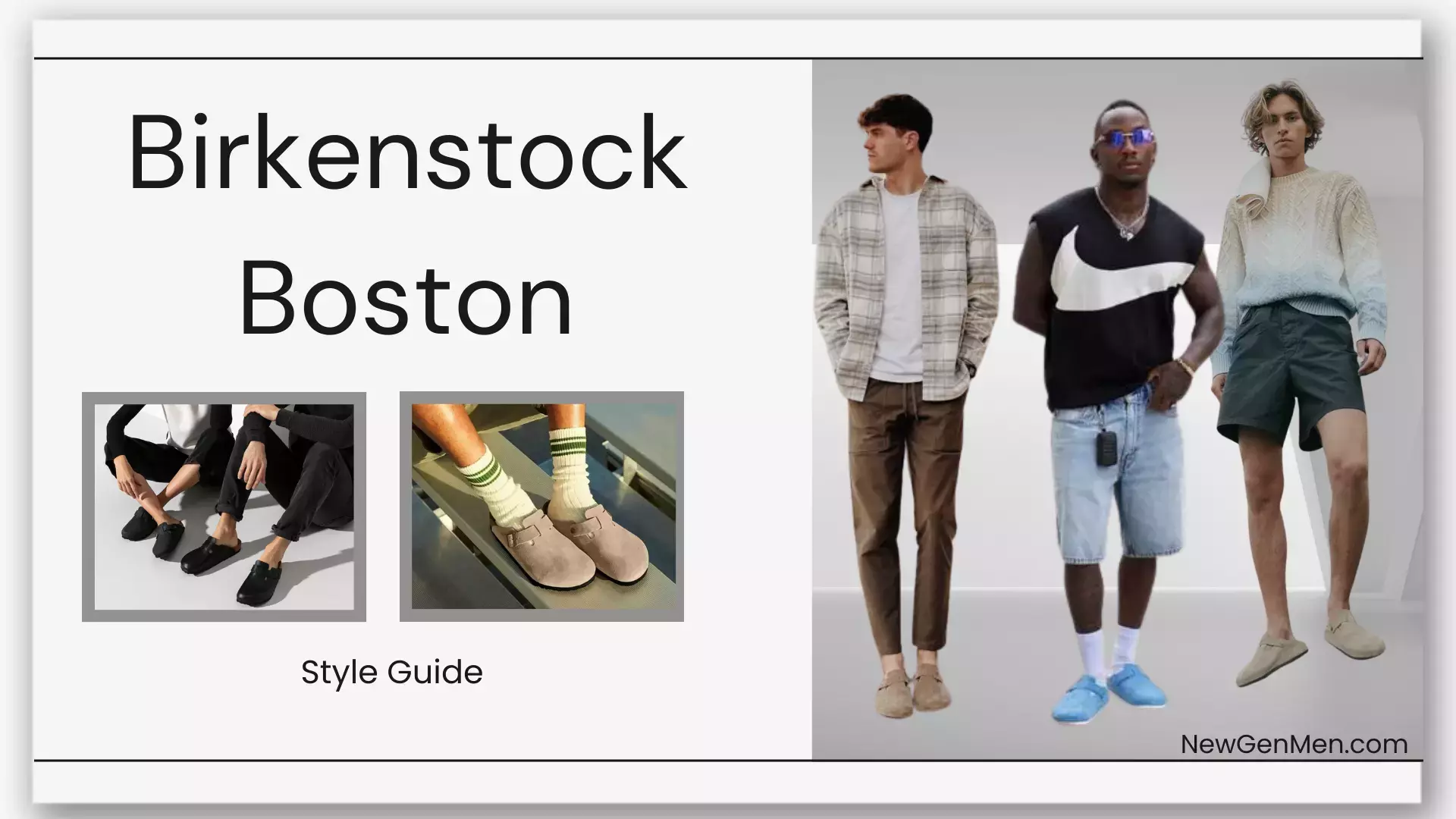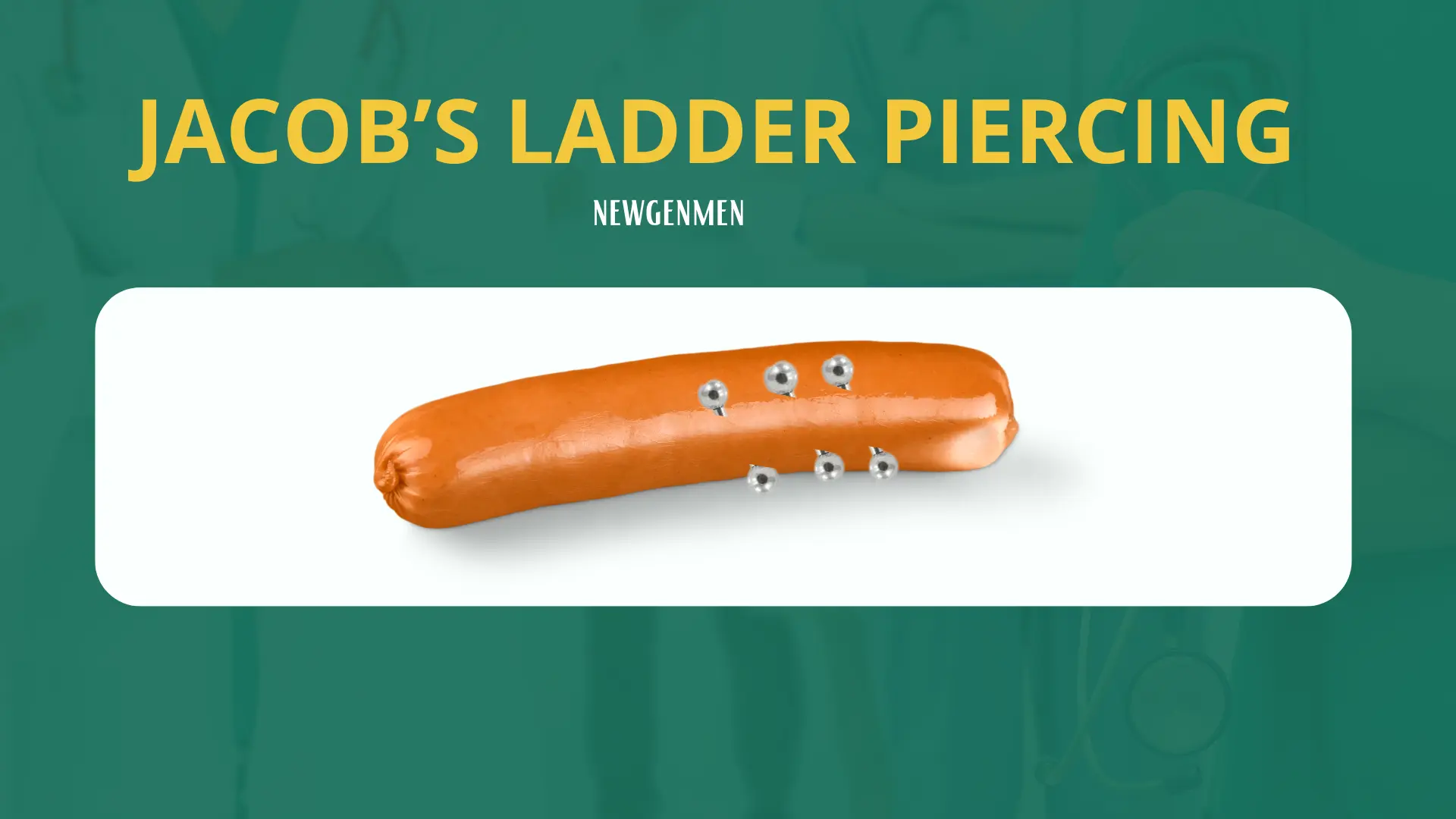In a world where fast fashion wreaks havoc on our environment, looking good isn’t just about style anymore—it’s about making conscious choices that benefit the planet. If you’re ready to ditch the throwaway culture where your outfit can go out of style or ruin after wearing it just a few times, upgrade your wardrobe with eco-friendly options that are high quality, durable, and are classic styles that are always fashionable.
It’s not just a trend. Men’s fashion brands are beginning to prioritize sustainability without compromising on style. From using organic materials and ethical manufacturing processes to ensuring fair labor practices, these sustainable men’s fashion brands are redefining what it means to dress well.
Top Sustainable Men’s Fashion Brands
Patagonia

Why It’s Great: Patagonia is a pioneer in sustainable fashion. They’ve been leading the way with environmentally-friendly practices for decades.
Sustainability Highlights:
- Recycled Materials: Many of their products are made from recycled materials.
- Fair Trade Certified: Ensures fair wages and safe working conditions.
- Repair Program: Encourages customers to repair rather than replace.
Style Picks:
Better Sweater Fleece Jacket
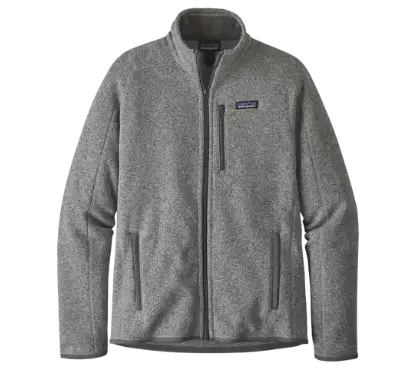
Perfect for outdoor adventures and casual wear.
Organic Cotton Tees
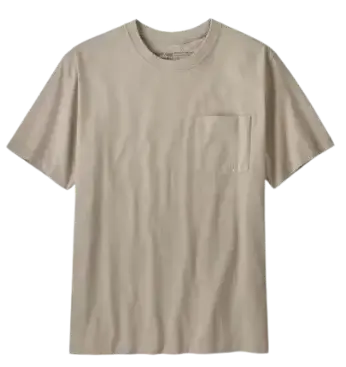
Soft, comfortable, and versatile.
Everlane

Why It’s Great: Everlane is all about transparency and sustainability. They provide detailed information about their factories and the true cost of their products.
Sustainability Highlights:
- Ethical Factories: Ensures safe working conditions and fair wages.
- Recycled Materials: Incorporates recycled fibers into many products.
- Timeless Designs: Focuses on creating pieces that last.
Style Picks:
Renew Fleece Half-Zip
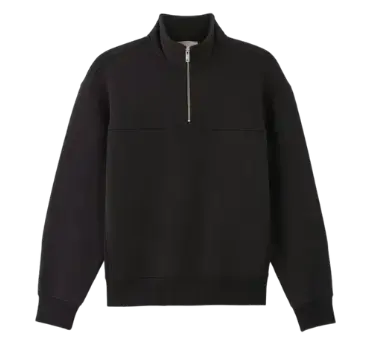
Stylish and made from recycled plastic bottles.
Organic Cotton Slim Fit Jeans

A wardrobe staple with a sustainable twist.
Outerknown

Why It’s Great: Founded by pro surfer Kelly Slater, Outerknown is committed to sustainability and fair labor practices.
Sustainability Highlights:
- Organic and Recycled Materials: Uses eco-friendly fabrics.
- Fair Labor Practices: Ensures ethical production standards.
- Circularity Program: Encourages recycling and reusing products.
Style Picks:
Blanket Shirt
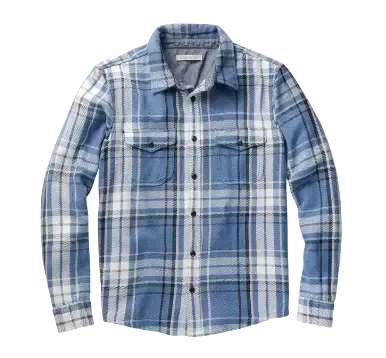
A cozy, versatile flannel piece made from organic cotton.
Apex Trunks
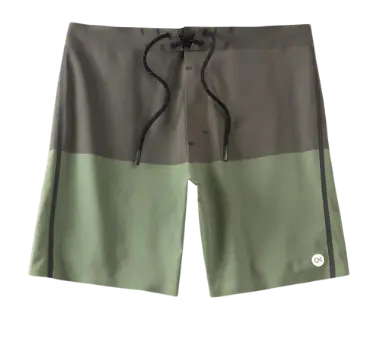
High-performance swim trunks made from recycled materials.
Allbirds

Why It’s Great: Known for their comfortable and stylish footwear, Allbirds is also committed to sustainability.
Sustainability Highlights:
- Natural Materials: Uses materials like merino wool and eucalyptus.
- Carbon Neutral: Offsets their carbon footprint.
- Recycled Packaging: Uses recycled materials for packaging.
Style Picks:
Wool Runners
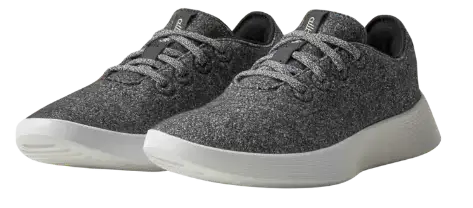
Comfortable and versatile sneakers.
Tree Dasher
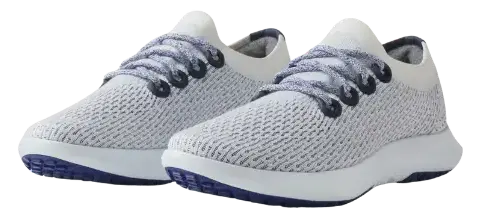
Eco-friendly running shoes.
Nudie Jeans

Why It’s Great: Nudie Jeans is all about sustainable denim. They use organic cotton and offer free repairs for life.
Sustainability Highlights:
- Organic Cotton: All their jeans are made from 100% organic cotton.
- Repair Program: Free repairs to extend the life of your jeans.
- Fair Trade: Ensures ethical production practices.
Style Picks:
Lean Dean Jeans
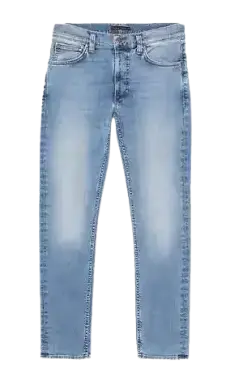
A slim-fit style made from organic cotton.
Steady Eddie Jeans
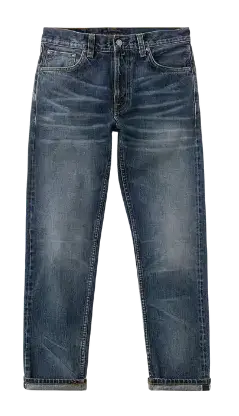
A relaxed fit with a classic look.
Least Environmentally Fashion Brands: Worst Offenders List
Several men’s fashion brands have been criticized for their environmental practices. These brands often face scrutiny due to unsustainable sourcing, harmful production processes, and inadequate efforts to minimize their environmental impact. Some of the worst offenders include:
H&M: While H&M has made some strides towards sustainability, it remains a significant player in fast fashion, which is inherently harmful due to its reliance on mass production and rapid turnover of cheap clothing. The brand has faced criticism for contributing to massive textile waste and pollution.
Zara: Like H&M, Zara is a fast fashion giant known for its rapid production cycles. The brand has been accused of greenwashing, where it markets itself as sustainable without making meaningful changes to its overall environmental impact.
Shein: A major player in the fast fashion industry, Shein has been heavily criticized for its extremely low prices, which often come at the cost of poor environmental practices and questionable labor conditions. The brand’s rapid production and low-cost items contribute significantly to textile waste.
Boohoo: Another fast fashion retailer, Boohoo has been under fire for its unsustainable practices and poor working conditions in its supply chain. The brand’s business model encourages overconsumption and waste.
Nike: While Nike has made some efforts toward sustainability, it still faces criticism for its environmental impact, including pollution from its manufacturing processes and reliance on synthetic materials. The brand’s large-scale production contributes to significant environmental challenges.
Adidas: Similar to Nike, Adidas has taken steps towards sustainability but continues to face scrutiny for its environmental impact. The production of synthetic materials, as well as the brand’s scale, raises concerns about its overall sustainability efforts.
Urban Outfitters: This brand has been criticized for its lack of transparency regarding sustainability and labor practices. Urban Outfitters’ fast fashion approach contributes to environmental degradation through excessive production and waste.
The Problem With Cheap Fast Fashion
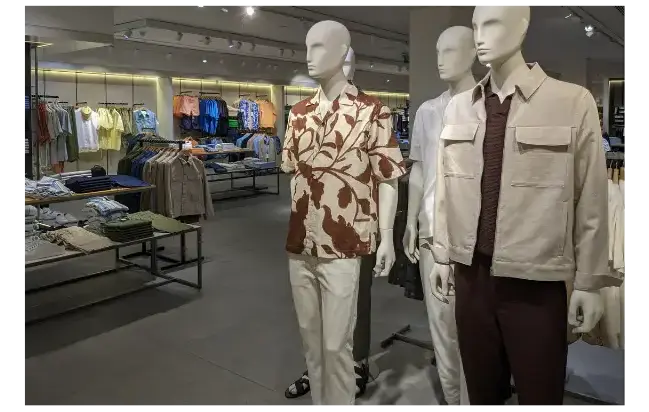
Fast fashion is a major problem for our environment. It creates tons of waste, filling up landfills with clothes that take ages to break down, and releases harmful chemicals into the soil. The process of making these clothes often uses toxic dyes that pollute our rivers and oceans, hurting wildlife and the people who rely on these waters.
On top of that, fast fashion is a big source of greenhouse gas emissions due to the energy used in making, shipping, and disposing of clothes. It also sheds tiny plastic fibers from synthetic fabrics into our oceans, adding to the microplastic pollution crisis. The demand for fabrics like rayon and viscose can even lead to deforestation, cutting down forests to make room for plantations.
Fast fashion also usually involves trends that quickly go out of style, leading to more waste, and the clothes are often cheaply made and don’t last, meaning they get thrown away even faster. Understanding these impacts can help us make better choices and support sustainable fashion that protects our planet.
Also Read:

